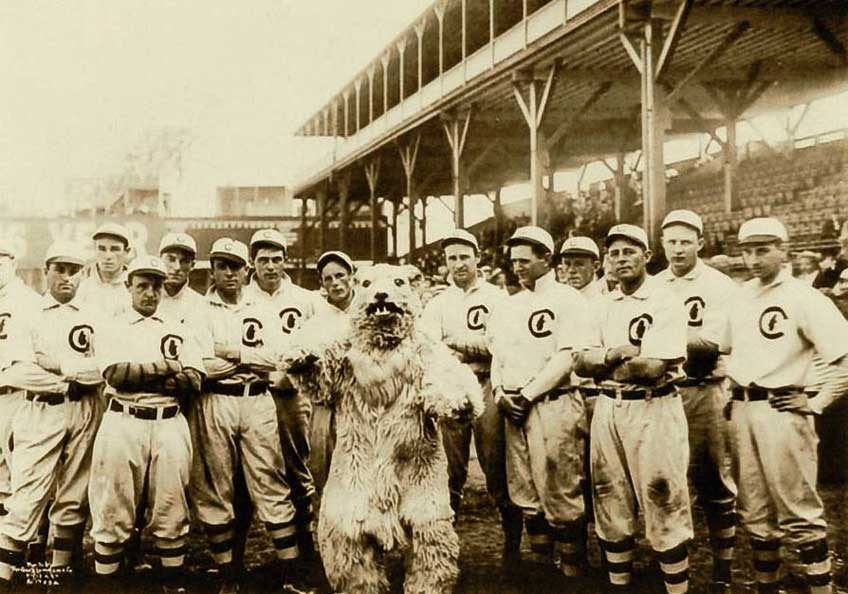I wonder if I would have been athletic if I’d grown up in a family for whom sports mattered. But not a single member of my family seemed to even know sports existed, and so this part of the human experience remains something of a mystery for me.
Nevertheless I did care about watching the Cubs win the World Series, a major cultural event that I wasn’t about to miss. I was happy to be part of the big community of anxious souls agonizing through the lost lead, rain delay, and extra inning. I think there were even locusts.
The news before and after the series was full of trivia about what was happening in 1908, the last time the Cubs won the World Series. But Bethany Seminary student Jonathan Stauffer was likely the only one to note this fun fact from his careful reading of Don Fitzkee’s history book Moving Toward the Mainstream: Back in 1908, Brethren weren’t allowed to watch baseball.
Chances are that a few were indulging, or there wouldn’t have been repeated congregational admonitions to avoid such worldly amusements. Over time the rules became suggestions, and then just about disappeared. By the 1920s and 1930s the eastern Brethren had intercollegiate sports and church baseball teams.
Today, in a world with different challenges, there’s something important to learn from baseball—that it’s possible to face off against your opponents and still respect them when the competition is over.
That seems like a basic idea, one we learn in kindergarten. It means that you can fight hard to win and still shake hands afterwards. You can care so much that you paint your face in team colors and cry, all without hating the other side. You can root for Chicago or Cleveland and still be citizens of the same world.
This needs to be practiced over and over again. There are aspects of sports culture that deserve critique, but now is a time to celebrate what’s best. I’m especially charmed by stories of people who learned to be fans from their grandmothers. I’m imagining renegade Brethren grandmas listening to radios and knowing the game even when church elders weren’t ready to give permission. That may not be exactly the way it happened, but maybe it was.
Wendy McFadden is publisher of Brethren Press and Communications for the Church of the Brethren.


